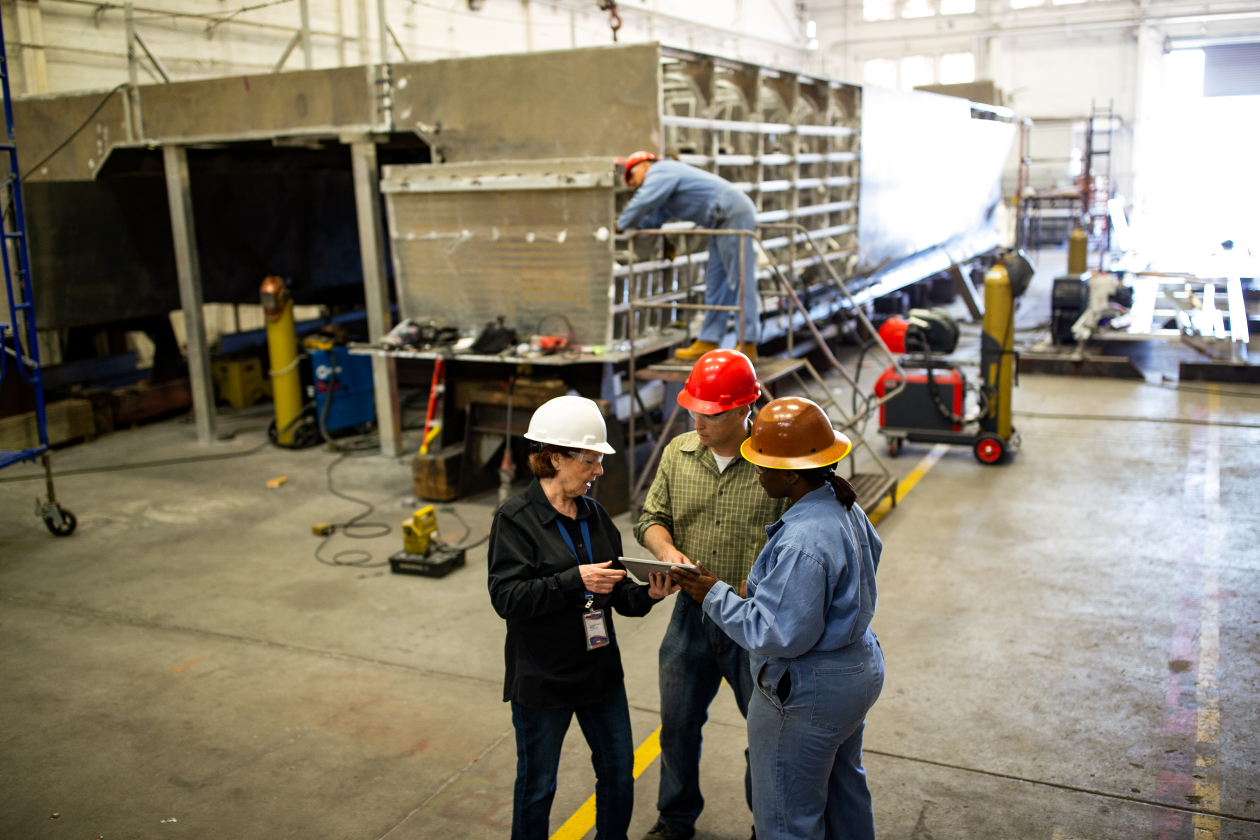Transforming Manufacturing: The Impact of AI Agents and Digital Threads on Industrial Processes

The Future of Manufacturing: Transformative Role of AI Agents
Manufacturing is on the brink of a significant change thanks to AI agents. These intelligent programs can interact with their surroundings, analyze data, and take action based on insights, helping companies drive innovation and enhance operations. At the upcoming Hannover Messe 2025, Microsoft and its partners will exhibit how these advanced technologies are fostering a more interconnected, efficient, and insightful future for the manufacturing industry. Organizations attending will gain valuable insights on how to move swiftly, adapt effectively, and lead decisively in this evolving landscape.
Challenges in Achieving Synchronized Operations
Despite technological advancements, many companies still grapple with fragmented systems that prevent them from fully realizing the potential of digital integration. For years, the lack of connectivity between modern technology solutions and outdated infrastructures has hindered collaboration in the manufacturing sector. However, the latest developments in unified data management and artificial intelligence are enabling businesses of all sizes to overcome these obstacles. By transforming static and disconnected data into dynamic networks, AI agents can help every worker derive crucial insights related to overall equipment effectiveness (OEE), total cost of ownership (TCO), and return on investment (ROI), thereby supporting improved decision-making.
Enhancing Frontline Workers with AI
AI’s influence extends strongly into the realm of frontline workers. These employees are now equipped with AI agents that provide timely guidance needed for informed decision-making. A notable example is the Factory Operations Agent, introduced in Azure AI Foundry. This AI assistant streamlines operations, granting operators and leaders quick access to insights, which promotes productivity and proactive issue resolution. In response to industry turnover and skilling challenges—highlighted by the World Economic Forum, which noted that 63% of industry leaders view skilling as a major growth obstacle—AI solutions are essential. No-code and low-code options democratize AI access, allowing organizations to integrate these tools effortlessly into existing platforms such as Microsoft Teams.
Furthermore, the Factory Safety Agent is making its debut in public preview at Copilot Studio. This customizable, low-code solution provides vital answers to occupational health and safety questions and aids in personalizing workforce training to ensure a safer work environment.
Advancing Digital Engineering with Generative AI
AI is also redefining digital engineering in the manufacturing sector. By expediting development and prototyping processes, generative design powered by AI enables manufacturers to develop high-impact, customer-focused products more efficiently. Companies like Aras are pushing boundaries with their InnovatorEdge platform, facilitating the creation and integration of low-code APIs for better data connectivity within enterprises. Collaborations like that between Autodesk and Microsoft aim to create an AI-driven digital thread, streamlining the product development lifecycle and ensuring seamless data management.
Preparing Factories for AI Integration
To maximize the benefits AI offers, manufacturers must bridge their on-premises industrial solutions with cloud capabilities. Azure IoT Operations plays a pivotal role in this strategy, enabling data capture from industrial equipment and normalizing it for enhanced insights. For instance, Husqvarna utilizes this technology to boost visual quality control and improve efficiency on its factory floors.
Siemens has also partnered with Microsoft to create an interoperable environment between operational technology (OT) and information technology (IT), allowing for optimized data flow and enhancing overall machine performance and product quality through AI and digital twin technologies.
Realizing AI-Powered Digital Threads for Manufacturers
Digital threads serve as an essential framework in manufacturing, linking information, processes, and personnel across various sectors. Companies like Rolls-Royce are leading the charge by leveraging AI and cloud technologies to enhance production, increase engine efficiency, and predict maintenance needs. Microsoft aids manufacturers in making sense of their data, enabling more effective operational intelligence through tools like Microsoft Fabric. Noteworthy integrations with platforms such as Parsec’s TrakSYS and Tulip’s Frontline Operations further enhance data analysis and decision-making capabilities.
Experience Industrial AI in Action
The Hannover Messe 2025 event will showcase how AI is reshaping the manufacturing landscape—from digital engineering to factory floors and frontline operations. Attendees can visit Hall 17, Stand G06, to witness firsthand the exciting advancements powered by Microsoft and its partners. With a collaborative effort from many industry leaders, including ABB, Autodesk, Siemens, and PTC, the future of manufacturing is gearing up for an intelligent transformation through AI.
As this technological evolution progresses, the role of AI agents in streamlining operations, improving decision-making, and transforming traditional processes will be crucial for manufacturers looking to thrive in a competitive landscape.





